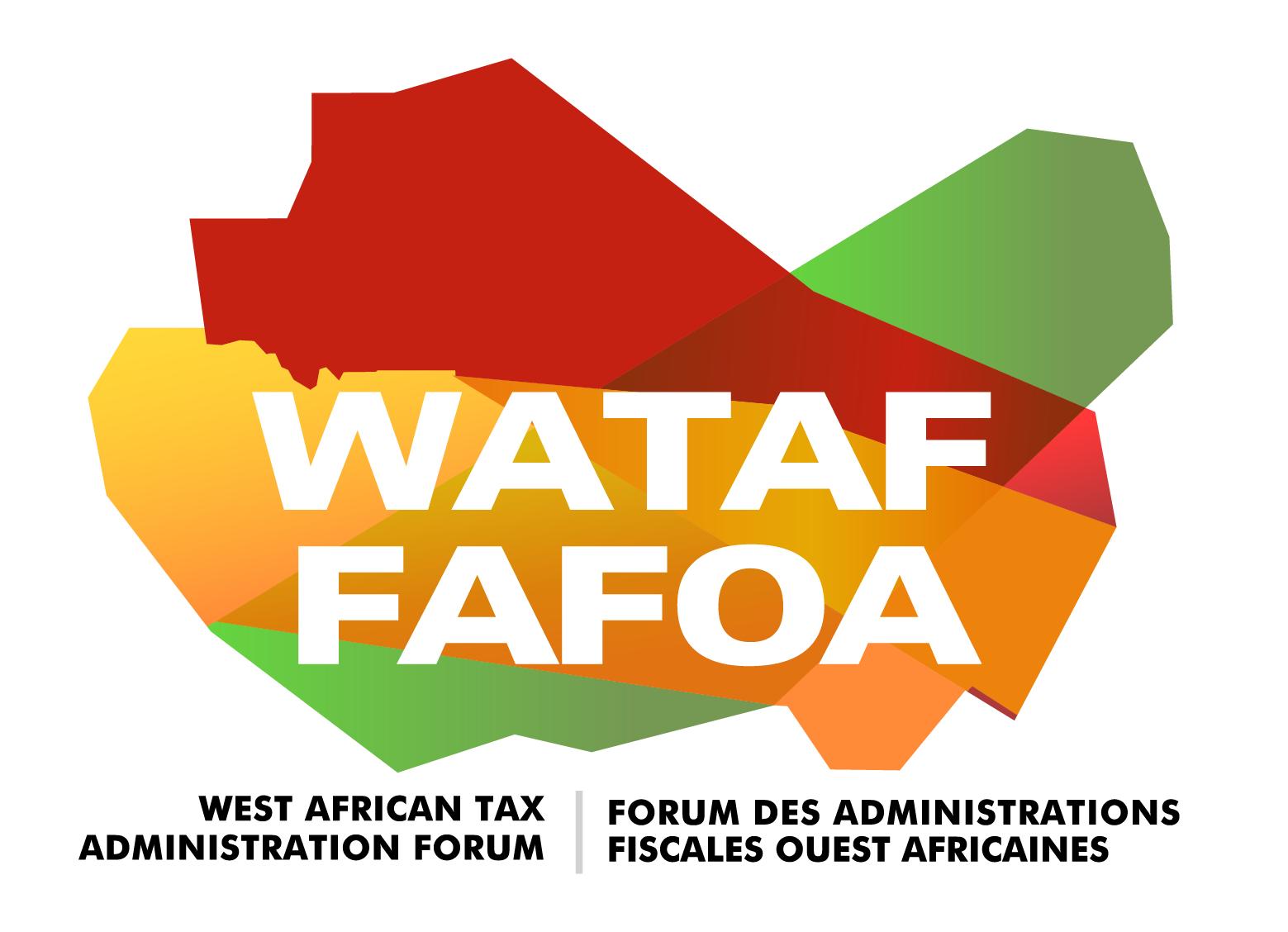Some members of the OECD/G20 Inclusive Framework on Base Erosion and Profit Shifting (IF) have agreed to a two-pillar solution to address the tax challenges arising from the digitalisation of the economy.
WATAF notes the effects that uncoordinated unilateral measures will have on international businesses and welcomes this development. We commend the efforts of the G20, OECD Secretariat and the Inclusive Framework in securing this important deal. The milestone achieved by the publication of this agreement will pave the way for the conclusion of the detailed implementation plan together with remaining issues by October 2021, which will lead to better coordination of rules for the taxation of international businesses.
WATAF further notes that the agreed rules will allow our member States to benefit from the new Amount A taxing rights with regards to entities in scope of Pillar 1, especially with regards to the digital economy.
WATAF notes however that the outcome of the rules may result in undesirable outcomes for the revenue of member States, resulting from the withdrawal and standstill of unilateral measures, which goes beyond the digital service tax.
Another area of concern is the scope thresholds of Pillar 1, which covers MNEs with €20billion global revenue with above 10% profitability. This parameter puts about 100 companies within the scope of the rules, most of which have no engagement with our members. This threshold has left out many of the MNEs exploiting the market of our members from the scope of Pillar 1, which will significantly reduce any benefit that may be derived from the new Amount A taxing right.
The building block on Unilateral Measures requires the removal and standstill of such measures on all companies, including those not in scope. This will deprive our members from benefiting in the taxation of the companies that are out of scope of Pillar 1, even where those companies have significant engagement with those jurisdictions through digital means.
The agreement sets 250 000 euros in-country sales revenue threshold as the nexus rule for smaller jurisdictions with GDP lower than 40 billion euros, before they can participate in the share of Amount A profit. This nexus threshold may be too high for most of our members with small economies.
The project also introduces a mandatory binding dispute resolution mechanism for all Amount A disputes and disputed related to Amount A, which includes Transfer pricing and business profits disputes. We note that the agreement provides for an elective option for developing countries, which we consider appropriate. However, we are of the view that this should not be linked to the deferral of MAP review. Our view is further buttressed by the lack of internationally agreed standard for determining arbitral awards, the low-capacity challenges of most of our members in such area and the cost associated with defending cases under arbitration.
As the Inclusive Framework continues the development of the detailed implementation plan of the rules, together with the remaining issues that would be finalised by October 2021, we implore that the issues highlighted above are further considered with a view to ensuring an equitable global re-allocation of profits to all our member States.
]






 Views Today : 14
Views Today : 14 Total views : 35537
Total views : 35537